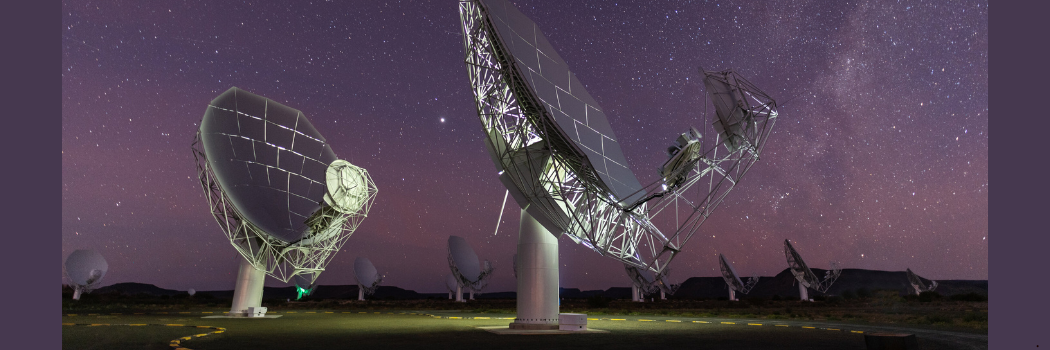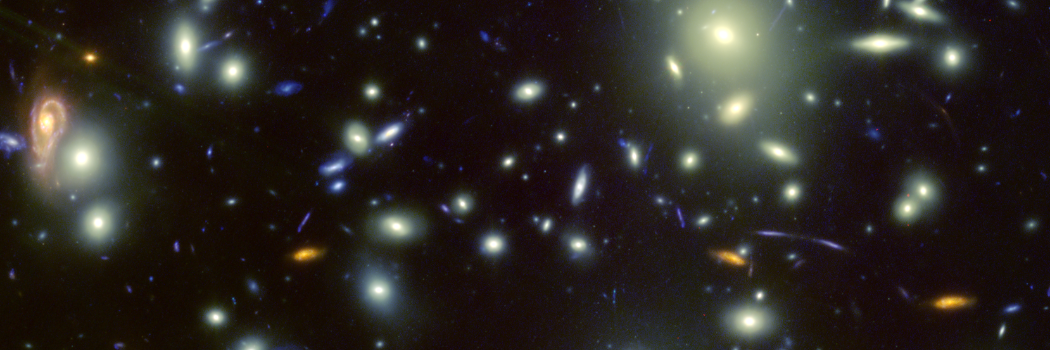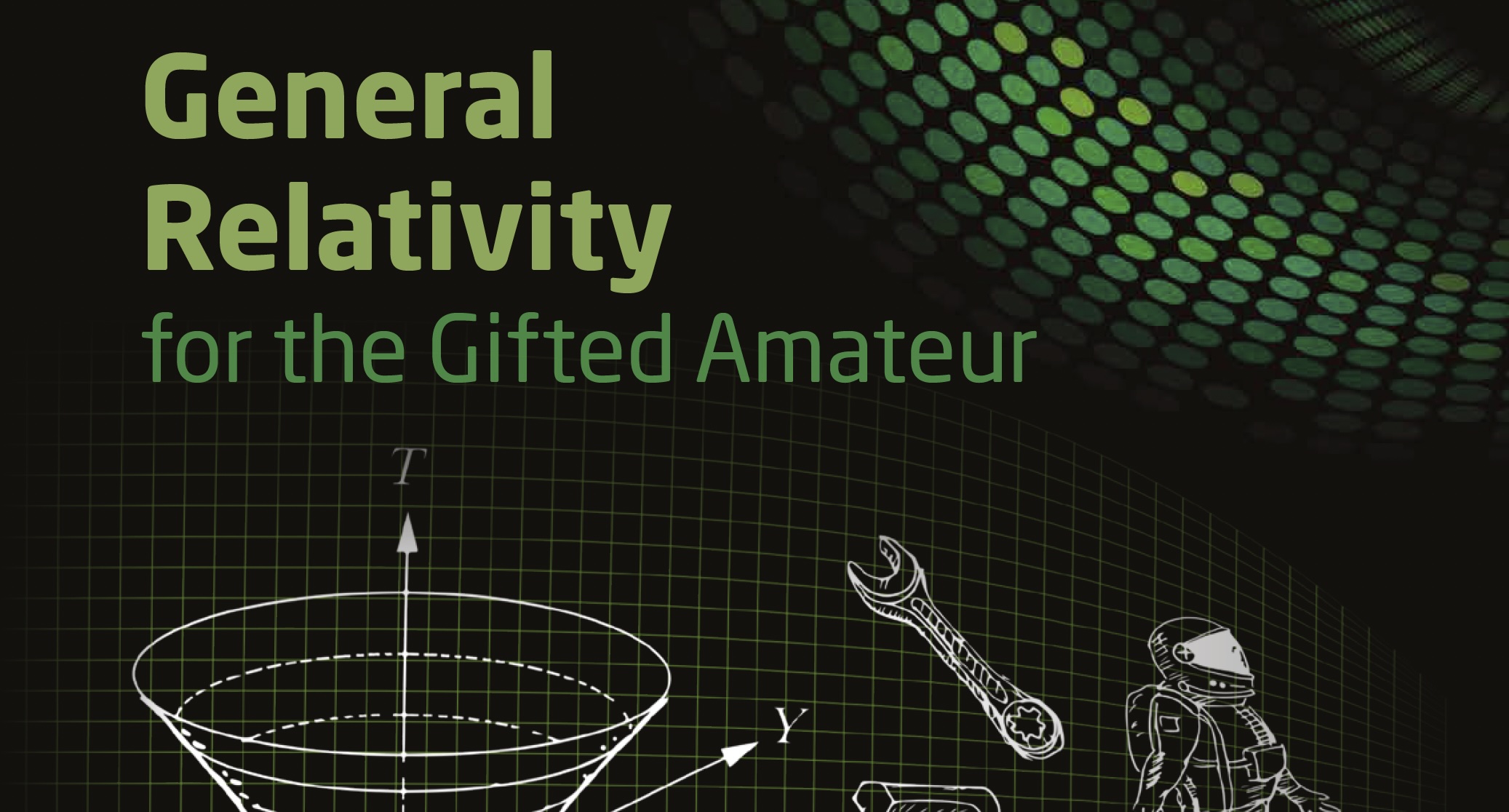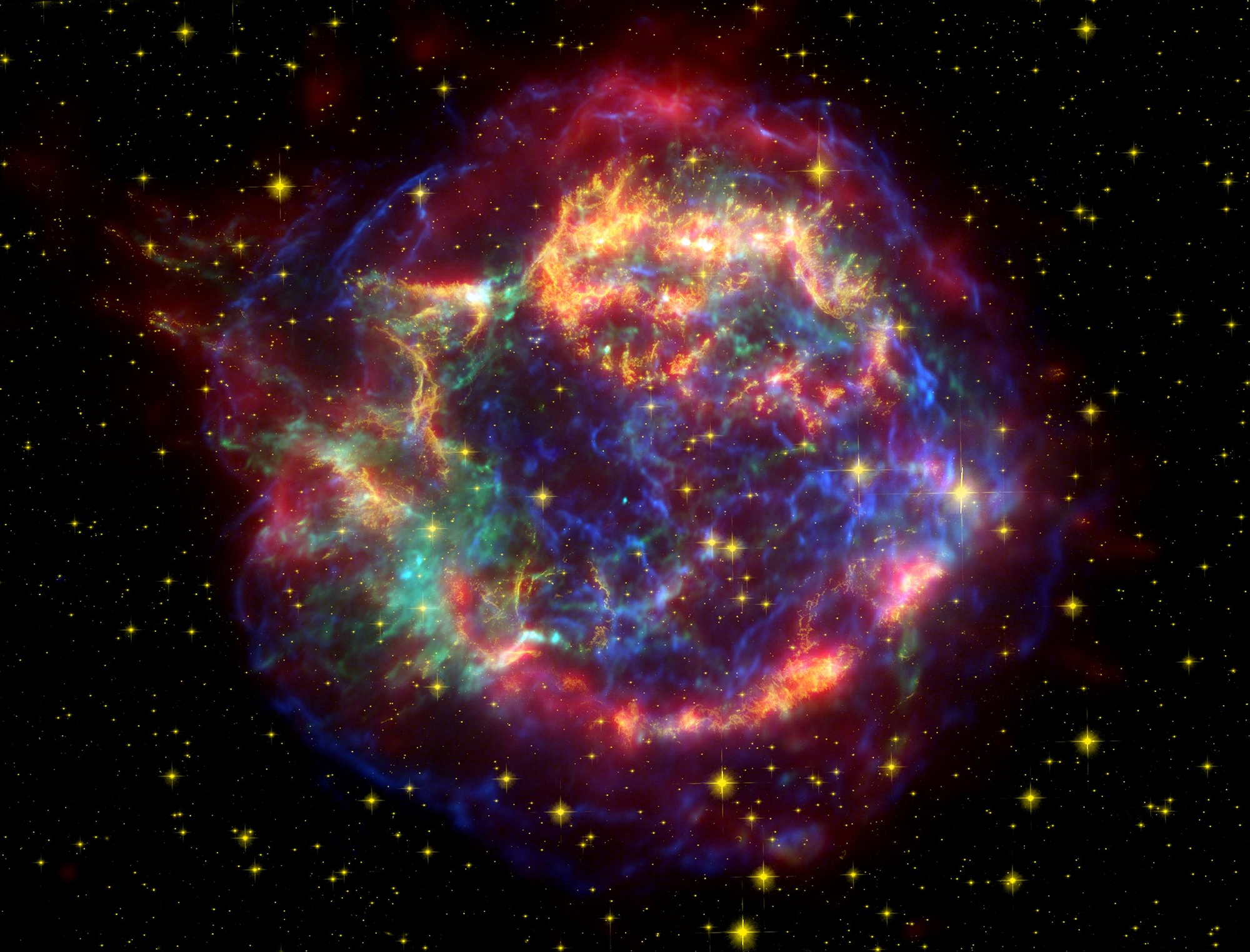Latest News
Durham astrophysicists’ key contributions to cosmic discoveries
Scientists from our Centre for Extragalactic Astronomy and our Institute for Computational Cosmology are playing a crucial role as part of a major international space mission to map the Universe.
Spotlight on: Professor Carlos Frenk – shaping modern cosmology
Welcome to the next instalment of our ‘Spotlight on’ series where we celebrate the world-leading work of our academics. Professor Carlos Frenk’s pioneering work on dark matter has fundamentally shaped modern cosmology and our understanding of the Universe.
Spacecraft regularly burn up in the atmosphere - is this causing harm?
Physics fellow Dr Fionagh Thomson will explore the potential risks of decommissioning satellites in the atmosphere in a project funded by the UK Space Agency.
Euclid space telescope discovers stunning Einstein Ring
An international space mission currently mapping the dark Universe has discovered a rare ‘Einstein Ring’ in a galaxy not far away.
Durham’s strengths in space and quantum research focus of German Ambassador’s visit
Our strengths in space and quantum research were the main focus of a visit to Durham University by the German Ambassador to the UK.
Durham researchers help discover largest radio jet ever seen in early Universe
A team of astronomers, including researchers from our top-rated Physics department, have discovered the largest radio jet ever seen in the early Universe.
National Astronomy Week: explore our world-leading research
During UK National Astronomy Week, 1-9 February, we’re taking a look at just some of the incredible work our researchers are doing in the fields of astronomy, cosmology and advanced instrumentation.
Grant award enables Durham physicists to lead international quantum projects
Dr Alexander Guttridge and Dr Andrew Reeves from our Department of Physics will work closely with researchers in Canada on two projects related to quantum technology, thanks to new funding.
Leading astronomer helps uncover unique giant radio galaxy
South Africa’s MeerKAT telescope has revealed a remarkable cosmic discovery—Inkathazo, a newly identified giant radio galaxy (GRG), whose name means trouble in isiZulu and isiXhosa.
Leading the world in Physics research
From quantum science to galactic discoveries, our Department of Physics is at the forefront of breakthroughs in the field.
Prof. Tom Lancaster co-author's must-have book on the most famous of all modern theories of physics
Prof Tom Lancaster has co-authored a must-have book for all budding physicists. General relativity lies at the heart of modern physics and represents the pinnacle of Albert Einstein’s celebrated work. Despite being mentioned as a motivation in huge numbers of applications to university physics courses, many future physicists leave university without having engaged with perhaps the most famous of all modern theories of physics!
Spotlight on: Professor Simon Cornish – working at the forefront of quantum physics
Our ‘Spotlight on’ series highlights how our researchers are leading their field and transforming lives. Professor Simon Cornish works at the forefront of quantum physics, using cutting-edge techniques to explore the fundamental laws of nature.


/prod01/prodbucket01/media/durham-university/departments-/physics/teaching-labs/VT2A9034-1998X733.jpeg)
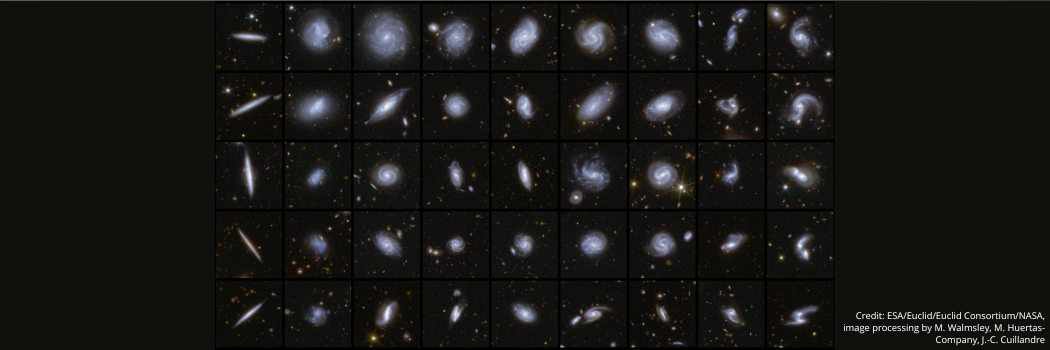
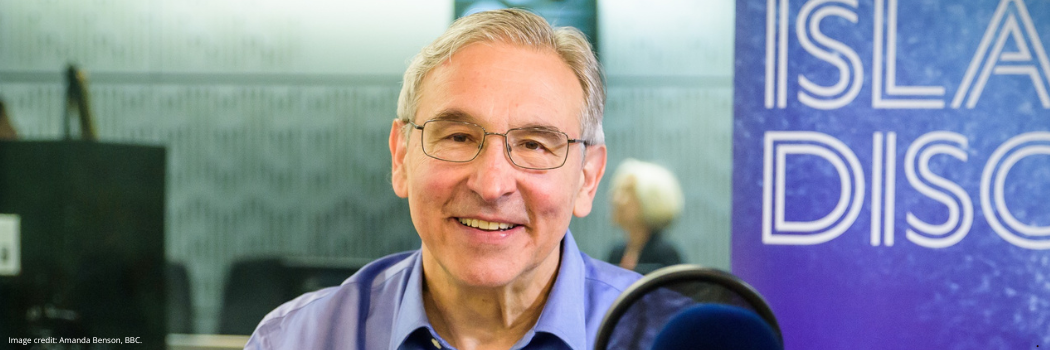

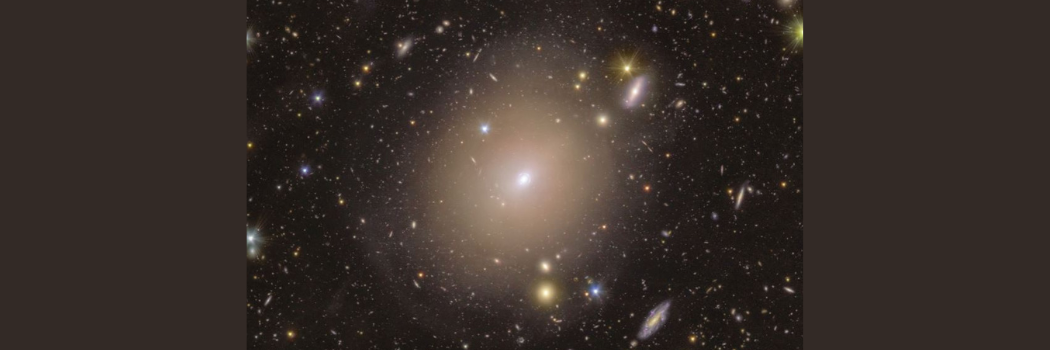
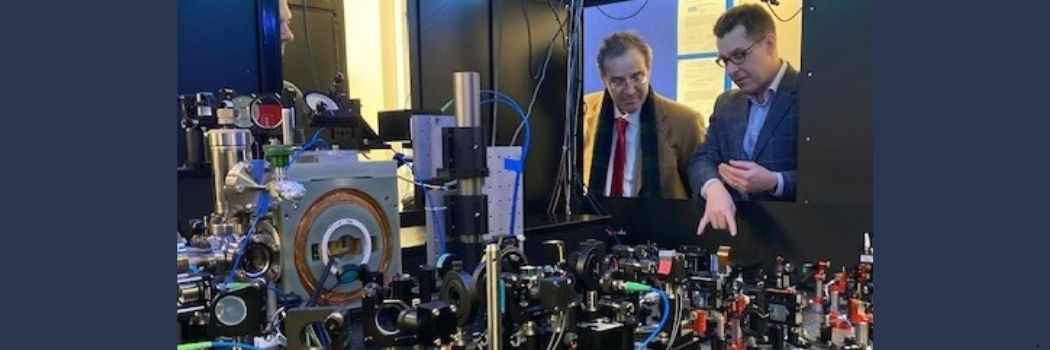
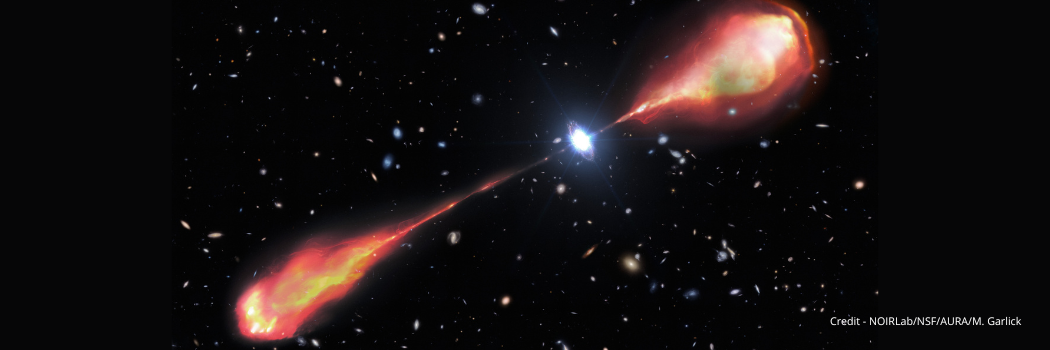
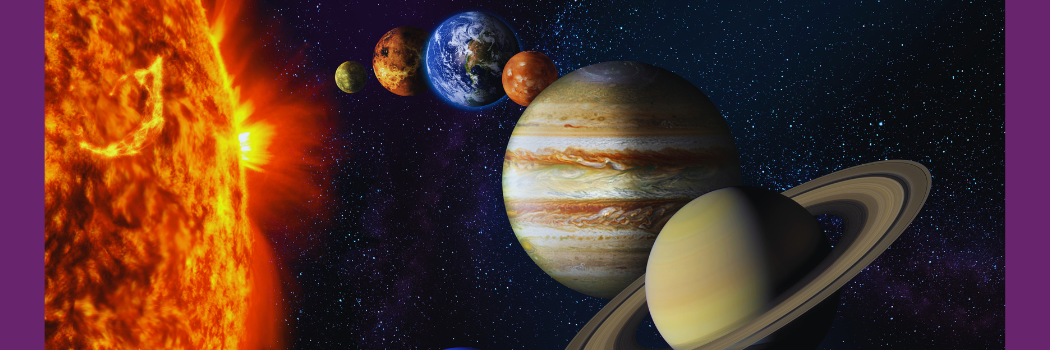
.png)
